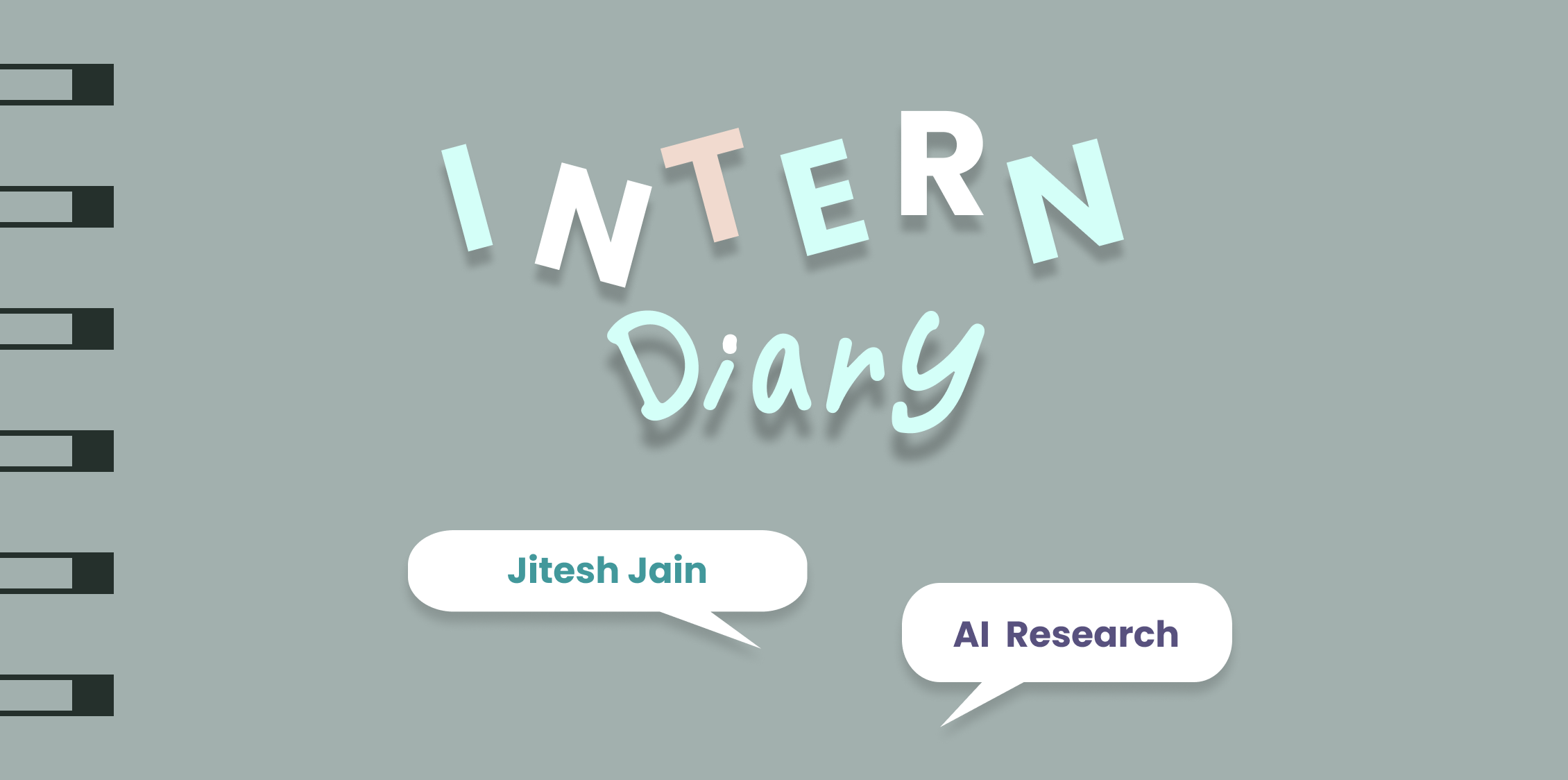

Body of IITR
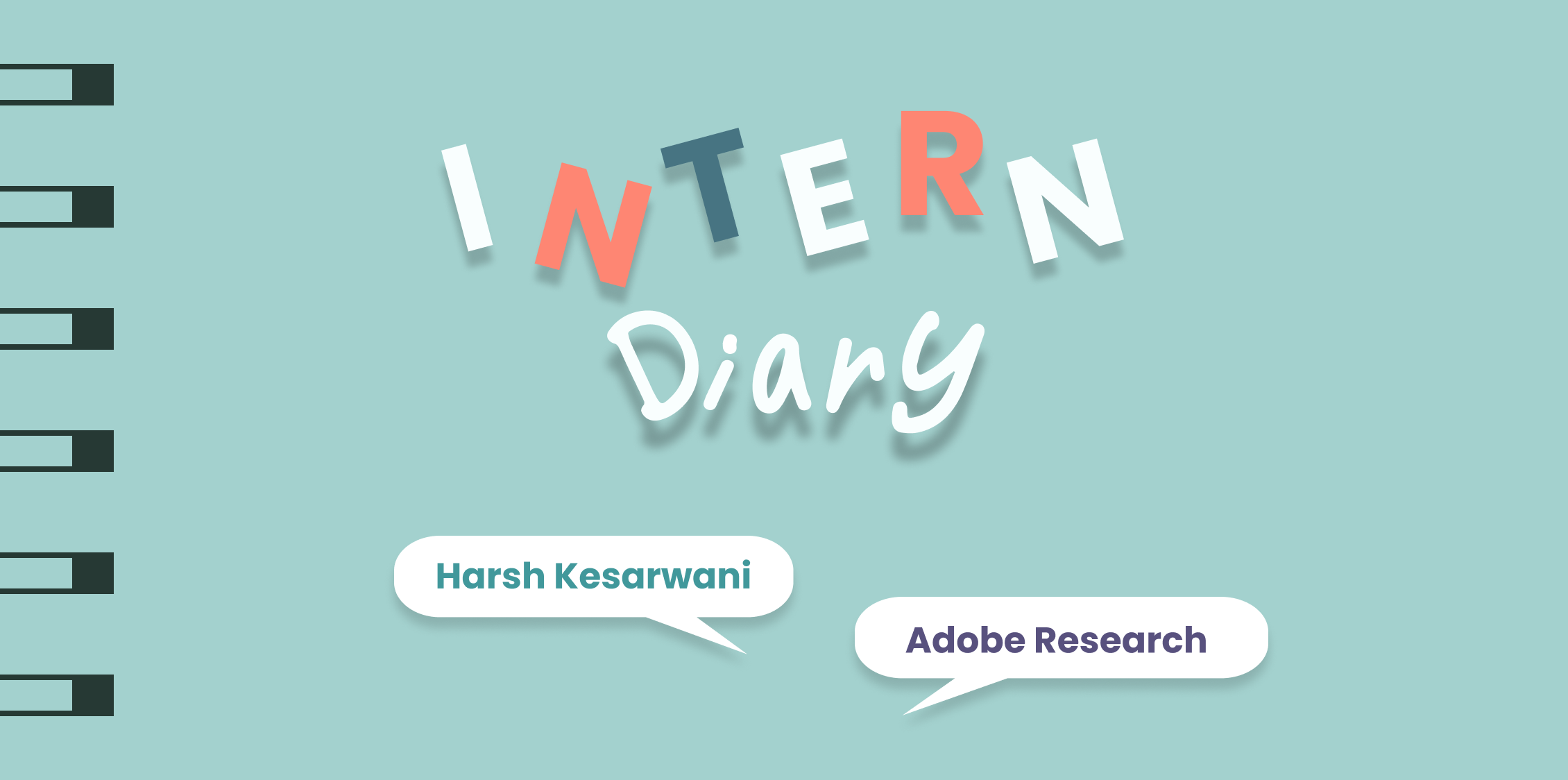
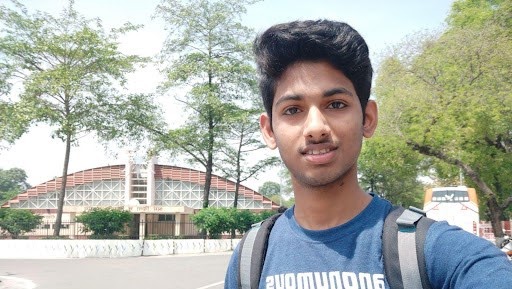
Joining IITR as a Civil Engineering student, switching to Electrical, maintaining a good CGPA, bagging a research internship at Adobe, and eventually getting a PPO. In a nutshell, these are a few things that have happened to me in my momentous journey at IITR so far.
However, all these developments were unscripted, of course. Like many freshers, I too wasn’t very sure of which field I wanted to pursue, so I just tried to ‘explore’. After changing my branch, I was pretty excited, and having an interest in the core courses helped me perform well (which eventually helped in getting the intern). Also, I always had a knack for problem-solving and used to solve a few coding problems occasionally for fun. But I only got hooked, after I talked to a few seniors, watched youtube videos, and read internship experiences (like this one) to get some indispensable ‘gyaan’. I got a bit late though, and it was around the beginning of the fourth semester when I focussed earnestly on strengthening my DSA skills and started participating in coding contests regularly. I enjoyed it, and by the time internship tests began, had amassed enough practice and confidence. That said, it’s always better to start early if you have discovered your interests.
Adobe visited our campus for recruiting Research interns for its Bangalore lab. Later, it also visited for recruiting Product and MDSR interns. Students of CSE, ECE, EE, and MSM were eligible to apply. The selection process of Adobe Research was pretty straightforward. It commenced with the company presentation, which was followed by shortlisting of candidates based on resumes. The next day, an online test was held and then the interviews were taken.
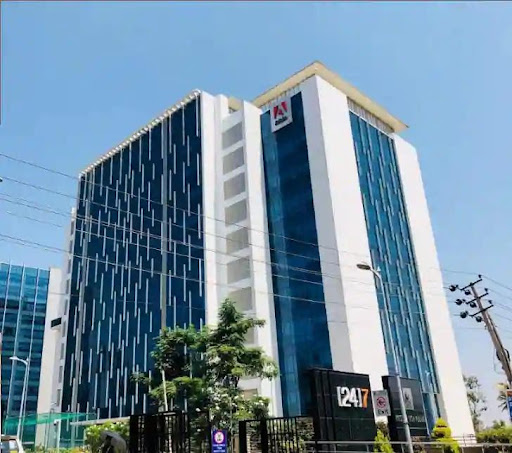
The online test was held on Hackerrank and was around one and a half hours long. It consisted of two coding questions (which were easy to medium level) and 16 MCQs, 4 each of linear algebra, probability, computer science, and puzzles. There was also a question asking you to describe a project you had done before. Arguably, you needed to solve both coding questions correctly and perform well in MCQs in order to get through. 14 students were able to make it to the interview.
There was only one round of interviews, which felt like a mix of technical and HR round. Solutions of a few MCQs from the online test were asked to check the conceptual understanding. You can expect questions from basic data structures and algorithms, linear algebra, probability, and statistics. Then, the interview basically revolved around my resume. There was a discussion around the projects and a few extracurricular activities mentioned in the resume. The interview went well and I was selected :)
CGPA does play an important role in the selection, like in other research internships. Try to keep it as high as you can. Also, note that Adobe gives direct offers to a few Department Rankers from eligible branches based on resumes.
For coding preparation, participate in contests regularly and upsolve. For practice, LeetCode and GeeksforGeeks can be your best friends. I practiced on InterviewBit during the last 1-2 months.
Puzzles and probability problems were not very difficult. These can be prepared from GeeksforGeeks. For linear algebra, the playlist on the 3Blue1Brown youtube channel is pretty good.
During the interview, try to be calm and composed and answer the questions honestly and confidently. Also, prepare a nice introduction beforehand to start well. Sometimes, luck plays a role in the interviews but remember “Luck is what happens when preparation meets opportunity”.
You should be very well prepared about all the things, especially the projects you put in your resume. It’s better to avoid putting the things you are less confident about, as there may be cross-questions about anything they find interesting.
Having good technical projects is always desirable, as it boosts your chances. A project related to machine learning would enhance your resume considerably.
The internships were virtual this year too, thanks to the second wave of COVID-19. I joined the Big Data Experience Lab of Adobe Research in Bangalore remotely. It started with a pretty long onboarding day, which, apart from interns’ introduction, had many sessions related to IT, finance, remote working, etc. lined up one after the other.
The interns were divided into teams of four. Each team was assigned 2-3 mentors and was allotted a broad problem area. The projects were from various fields such as machine learning, deep learning, computer vision, natural language processing, and data analysis. However, some were too ambitious to be completed in a single summer. So, it was essential to plan efficiently and be specific about the problem to achieve the maximum output in a limited time.
The people there were very friendly, supportive, and always ready to help. They were willing to chip in, share their thoughts, and have a constructive discussion on others’ projects too. Even as an intern, I was free to reach out to anyone. From our mentors to the senior director of Adobe Research, everyone was very approachable and was just a message away. Interns were encouraged to speak out their ideas and thoughts freely. My mentors were very considerate and open-minded, and it was awesome working with them.
The work was a bit demanding but the timings were flexible. We also had the weekends off. We had daily meetings with our mentors for about an hour, where we had many fruitful discussions regarding the project. Asides from this, we worked at our convenience. We also had our team meetings (only four of us) where we worked for hours, mostly at night. But we didn’t miss out on having fun and eventually an excellent bonding developed between us.
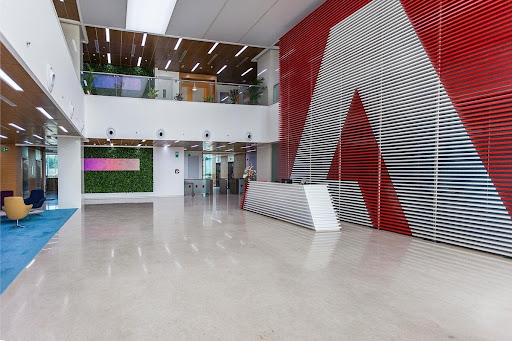
I was in the cloud technology department, and my project was related to cloud storage cost optimization. The whole internship period was divided into a few phases. First of all, we had to come up with a specific and well-defined problem statement. For this, we went through numerous research papers and got familiar with the problem domain and the associated prior art. Initially, we only had a vague idea about what we wanted to do, but with every discussion, things unfolded and we gained more clarity.
Then we moved to the solution phase. We brainstormed the potential ways to solve our problem. The next few weeks went into pondering, discussing, designing, and implementing our solution. We developed a framework in Python to efficiently store huge amounts of data in the cloud using the best compression libraries and multi-tiering in cloud platforms. Lastly, there was the final presentation, and a working demo of our model (developed using Django) was presented, which was attended by company leaders across the globe. We filed a patent application for our work after the end of the internship. Interns are also entitled to monetary benefits if the patent is granted. Later, my mentors also submitted a research paper for publication.
I feel that the most significant impact was that I couldn’t go to Bangalore and get the exposure which an on-site internship would have provided. Neither could I fill my phone storage with awesome pics. The internship was initially scheduled for 12 weeks, but it was cut short by two weeks as our spring semester ended a bit late. Nonetheless, various efforts were made to provide a complete experience to the interns. To make up for the absence of a proper working environment of an office, each intern was permitted to reimburse up to $500 as a WFH fund to get an appropriate working setup for a virtual internship and enhance their overall productivity.
Many online activities and events were held frequently to keep us connected and zestful in a remote internship. We used to have an online get-together every week where everyone from Adobe Research’s Bangalore lab joined. Also, there used to be a weekly ‘happy hour’, when we played games and got a chance to know fellow interns and employees. Mapathon, quizzes, career talks, etc., were also conducted. And then there was an amazing event, Adobe Summit, which was held online this year and was wonderful. It had many informative workshops, fun activities, and inspiring speakers (like Sonam Wangchuk). Around the end of the internship, ‘Intern Expo’ was organized where interns from around the globe uploaded the work they did during their internship and garnered votes, appreciation, and valuable feedback. Also, who can forget the cool swags given twice during the internship?
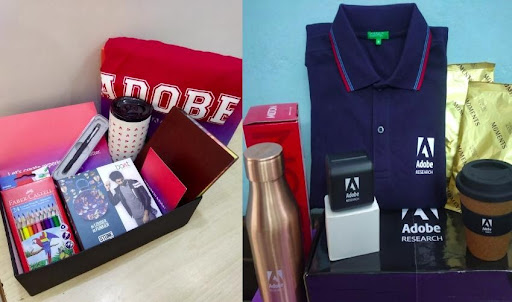
My internship at Adobe Research was a uniquely diverse and fast-paced experience. Undoubtedly, the most productive summer I have ever had. It was a great opportunity to learn and interact with amazing people. Apart from gaining valuable technical skills, I also learned how to work together efficiently in a team to achieve a common goal in the corporate world. If you thrive on ambiguity and can think outside the box, when faced with an unknown open-ended problem, this is for you. You will get a wonderful opportunity to explore and create an impact.
It was my first research experience and even though it was virtual, it was nothing short of amazing. Adding to it, one fine day, I received an email informing me that I got the PPO :) Couldn’t have asked for anything more.
Hope you could get something out of it. Do reach out to me if you have any questions. Cheers!